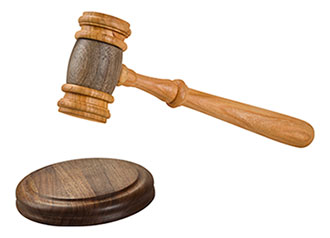 After a couple of my books were nominated for the Mystery Writers of America’s juvenile award, I was asked to be a judge. I accepted and what happened was, I thought, fascinating. And bewildering.
After a couple of my books were nominated for the Mystery Writers of America’s juvenile award, I was asked to be a judge. I accepted and what happened was, I thought, fascinating. And bewildering.
The judging went this way: Five judges were chosen. I didn’t know them, and never met them. Another writer was functioning as a facilitator. I did not know him, either.
We were told we would have to read about two-hundred books, the definition of a mystery being quite broad: “Entertainment in crime,” or something like that. (Hamlet might have been included.)
Each judge was asked to read the books and then grade them on a scale of one to ten, ten being the highest. Then I would send on the books to another judge. I also sent my “grades” to the facilitator.
The facilitator would simply add up the scores from all the judges. The top five scores would be announced as the short list. The top scorer would be the winner. That simple. But—as a judge, I did not know who the winner was (much less the scores) until it was announced at a banquet gala in NYC.
I had vowed—out of respect for my fellow writers—to read everything. I tried to. What amazed me, however, was how quickly a poorly written book announced itself (ten, fifteen pages) and how in the same fashion a well written book proclaimed itself. I started every book. I confess I did not finish them all.
When I finally learned which book was the winner, I also learned how my fellow judges evaluated all the books. I was amazed. Virtually ALL the judges agreed (independently) which were the top tier books. Here and there one book was judged high (or low) by an individual judge. But by and large there was close agreement as to quality.
I was left with a vital question: If I (and others) could judge the quality of someone’s writing so clearly and so quickly, why could I not evaluate my own work that way?
Thinking about this I asked a very successful literary agent how quickly she could tell if a submitting writer could write well. Her answer: “Half way through the submission letter.”
If that answer (and my judging experience) does not humble any writer, I don’t know what will.
4 thoughts on “I started every book”
I agree with the literary agent. When I was an acquisitions editor, I didn’t read the queries first. I read the first page of the manuscript. By halfway down that page (and many times even sooner), I could tell.
So true! This can really help me become a better author. Thanks, Avi!
I’d like a follow up. After your judging experience, can you analyze — better than you could before- which elements indicate quality on the page (that you often don’t see in your own writing?)
Fascinating post. I shared with my Goodreads group — impressed you could read or even read a portion of 200 books WITH all the other work you do!